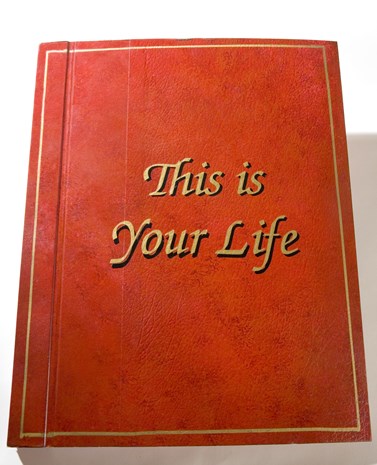
As carers and nurses are forever changing shifts they may not get the time to know the patient or resident, or understand their behaviours or triggers. By having a document like the one attached ready to go it gives your family member, relative or friend with dementia every chance of receiving the care they would prefer.
This is an actual document I completed last week and I have written my answers as if I was Dad. This ensures that the information is personalized and will connect with the carers or nurses. The best way to influence the care when you are not there is to have a document like this at the front of the file. I felt it was appropriate in this instance to post my actual document to illustrate the language and tone used to achieve a better result.
This document will reduce the chance of the carer accidently triggering bad behaviour, and will also assist them to de-escalate a situation also. Everyone wins when the background of the person is well known. It also ensures they will be treated with dignity and respect. I realised that it is not just the questions that are important in the attached document it is the way that you answer them. I imagined I was Bob and answered each question how he would possibly like to. I wanted to train the carers and nurses at the same time and allow them to bond with Dad as quickly as possible.
*Double click the following link to download my recent ‘My Life Story’ Form (you may need to click on it several times in a new window) :




 Facebook
Facebook Twitter
Twitter LinkedIn
LinkedIn